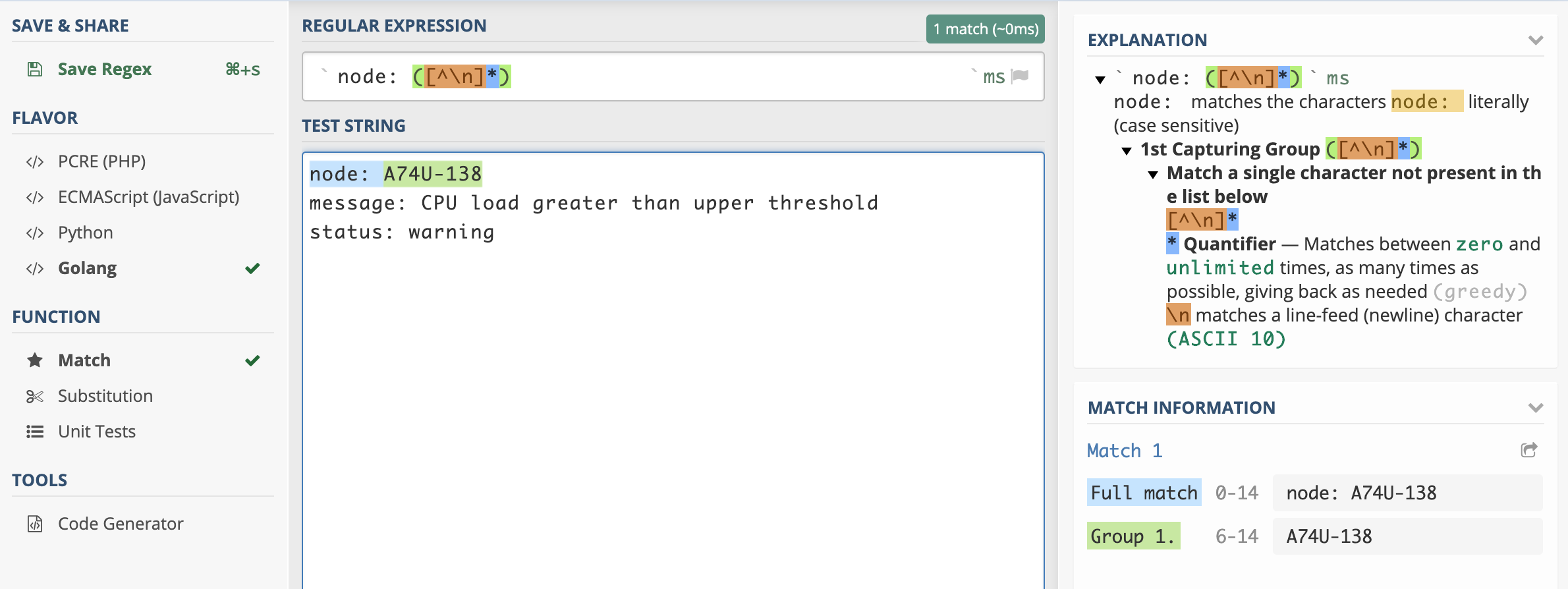

negates the character set and matches all but the contained charactersĮ.g: // matches any of the characters 'a', 'b', 'c', 'd' and may be abbreviated to //. matches any of the contained characters. A range of characters may be defined by using a hyphen. Note: Support for lookaheads is lacking in most but the newest browsers.Īlternation matches content on either side of the alternation character.Į.g: /(a b)a/ matches 'aa' in "dseaas" and 'ba' in "acbab". (?! pattern) matches only if there is not a following pattern in input.Į.g: /Win(?=98)/ matches 'Win' only if 'Win' is followed by '98'. (?= pattern) matches only if there is a following pattern in input. The subexpression is the part of the regular expression which will be matched. Note: (?: pattern) is very badly supported in older browsers.Ī lookahead matches only if the preceeding subexpression is followed by the pattern, but the pattern is not part of the match. * is short for / matches but doesn't capture 'cdad'. The subpattern can be a single character, an escape sequence, a pattern enclosed by parentheses or a character set. Quantifiers match the preceding subpattern a certain number of characters. To match a simple string like "Hello World!" is no harder then actually writing the string, but if you want to match an e-mail address or html tag, you might end up with a very complicated pattern that will use most of the syntax presented in the table below.Įscapes special characters to literal and literal characters to special.Į.g: /\(s\)/ matches '(s)' while /(\s)/ matches any whitespace and captures the match. The patterns used in RegExp can be very simple, or very complicated, depending on what you're trying to accomplish. This flag makes the beginning of input ( ^) and end of input ( $) codes also catch beginning and end of line respectively.

For international coders, note that this might not work on extended characters such as å, ü, ñ, æ. The ignore case flag makes a regular expression case insensitive. The global search flag makes the RegExp search for a pattern throughout the string, creating an array of all occurrences it can find matching the given pattern. These flags can be used in any order or combination, and are an integral part of the RegExp. The multiline flag has bad support in older browsers, but the other two are supported in pretty much every browser that can handle RegExp. There are three flags that you may use on a RegExp. Var re = new RegExp(window.prompt("Please input a regex."," yes yeah")," g") While other languages such as PHP or VBScript use other delimiters, in JavaScript you use forward slash ( /) when you declare RegExp literals. Here are the ways to declare a regular expression in JavaScript. In almost all cases you can use either way to define a regular expression, and they will be handled in exactly the same way no matter how you declare them.

The literal is the best to use with known regular expressions, while the constructor is better for dynamically constructed regular expressions such as those from user input. The object can be changed at runtime, but the literal is compiled at load of the script, and provides better performance. There are two ways of defining regular expressions in JavaScript - one through an object constructor and one through a literal. Often a regular expression can in itself provide string handling that other functionalities such as the built-in string methods and properties can only do if you use them in a complicated function or loop. Regular expressions are, in short, a way to effectively handle data, search and replace strings, and provide extended string handling. RegExp, on the other hand, could handle that and much more complicated patterns. For instance, if you want to find all files beginning with "fn", followed by 1 to 4 random characters, and ending with "ht.txt", you can't do that with the usual DOS wildcards. That is a kind of very limited subset of RegExp. Take for example the DOS wildcards ? and * which you can use when you're searching for a file. Regular expressions is a form of pattern matching that you can apply on textual content.


 0 kommentar(er)
0 kommentar(er)
